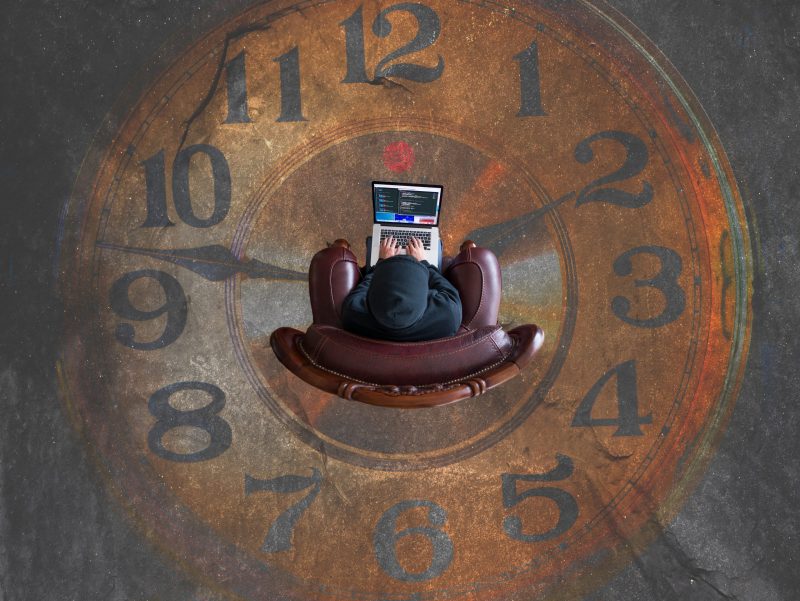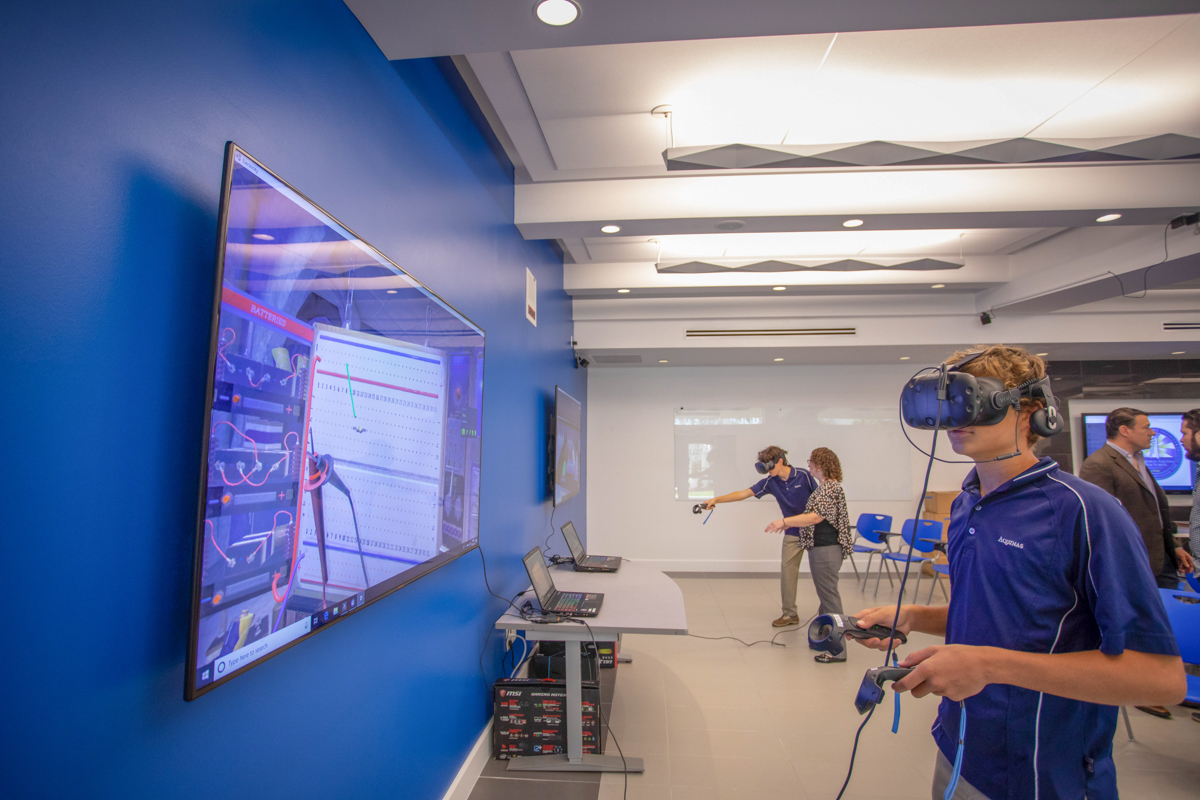Is Increased Screen Time to Blame for Preschooler Misbehavior?

With the increased availability and proliferation of electronic gadgets, children are spending more time in front of tablets, televisions, computers, telephones and more, with a recent report suggesting that young children between ages zero and two spend more than three hours per day watching screens. The recommended screen-time for children between age two and five is one hour per day, according to the American Heart Association.
Previous research on the effects of screen-time on observable behavior problems have proven inconclusive or have yielded mixed results. For example, a 2010 UK study concluded that “longer durations of screen-entertainment usage are not associated with mental health problems in young children.” However, a recent study published April 2019 in PLOS ONE found that young children with over two hours of average screen-time a day are five times more likely to exhibit behavioral problems versus children with under 30 minutes of daily screen-time.
Why is this Important?
The choices parents make on activities their children participate in is ultimately a zero-sum game; with a limited amount of time and hours in the day, the exposure to one activity means less participation and engagement in others. While this study focused purely on the association between screen-time and inattention problems, increased screen-time in children also implies less time for important activities such as sleep, exercise, academic reinforcement, and hobbies.

Research
The study utilized existing data already available through the Canadian Healthy Infant Longitudinal Development (CHILD) cohort study. With a data set of approximately 3500 children, the researchers were able to access a critical mass of respondent information from which to analyze and examine potential connections. As part of the CHILD study, parents answered questions regarding their children’s screen-time, sleep quality, and physical activity at ages three and five. The researchers then used this data to group children into groups that had screen-time for less than 30 minutes a day, between 30 minutes and two hours a day, and more than two hours a day.
Findings
The key finding from the study was that children who watched more than two hours a day had “increased externalizing, internalizing, and total behavior problems” versus children from the other groups. This finding is meaningful in that it contradicts previous studies and establishes a direct correlation between average daily screen-time and observable child behavior.
Related to the study’s key finding, researchers also found that participation in organized physical activities may be a mitigating factor; children in the study who spent two or more hours a week in physical activity were less at risk for reported behavioral issues.

While the rapid development of technology has brought a new level of access and interaction never before seen, its quick adoption into our everyday lives means that we do not yet have a means to measure the effects of these devices on our physical, emotional, and social well-being. This study is significant in the fact that it analyzes a large sample size of data with a particular focus on early childhood ages, and adds to the still relatively new body of research on the effects of screen-time.
This article is available and can be accessed in Spanish here.
Tamana SK, Ezeugwu V, Chikuma J, Lefebvre DL, Azad MB, Moraes TJ, et al. (2019) Screen-time is associated with inattention problems in preschoolers: Results from the CHILD birth cohort study. PLoS ONE 14(4): e0213995. https://doi.org/10.1371/journal.pone.0213995









